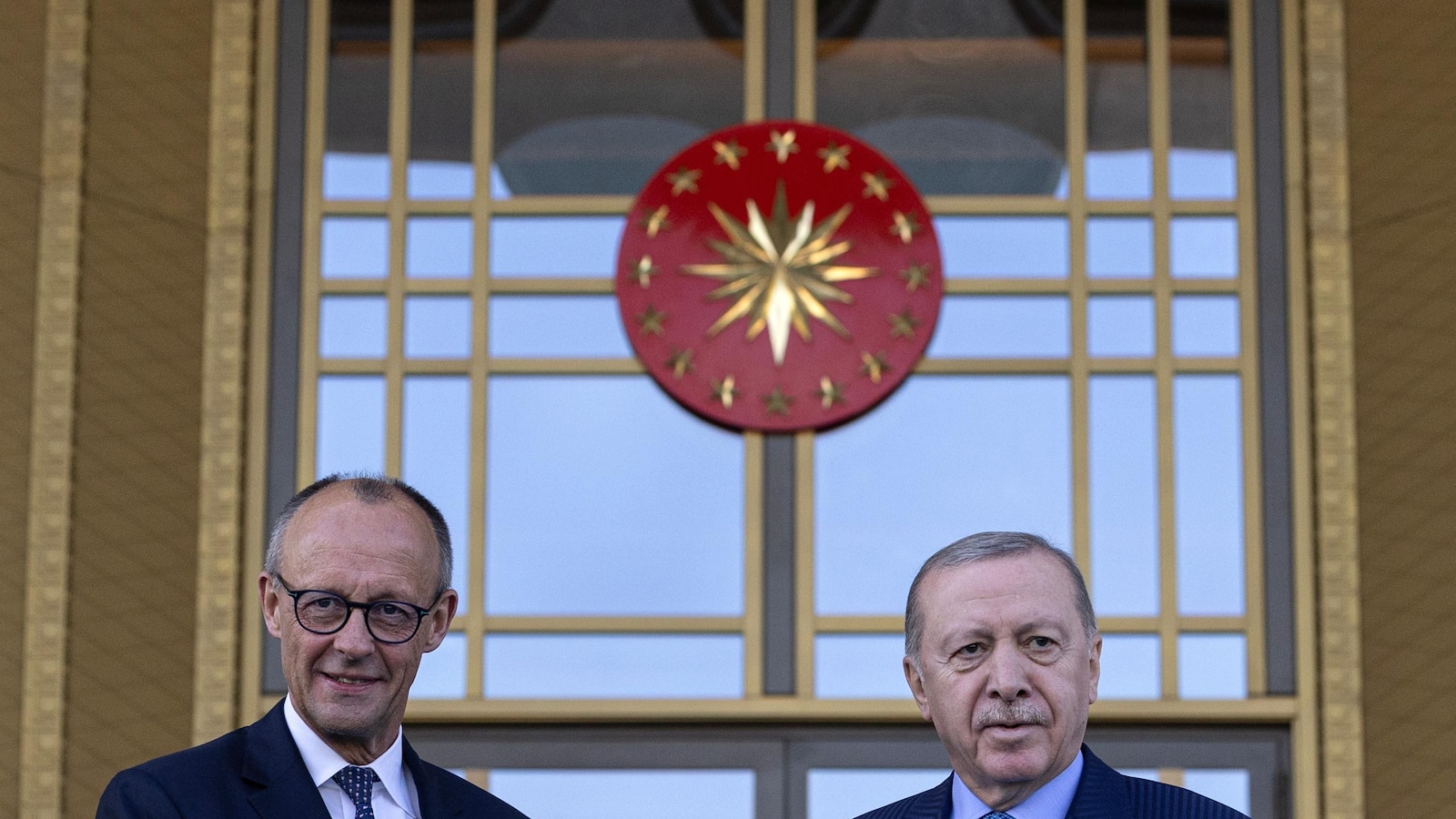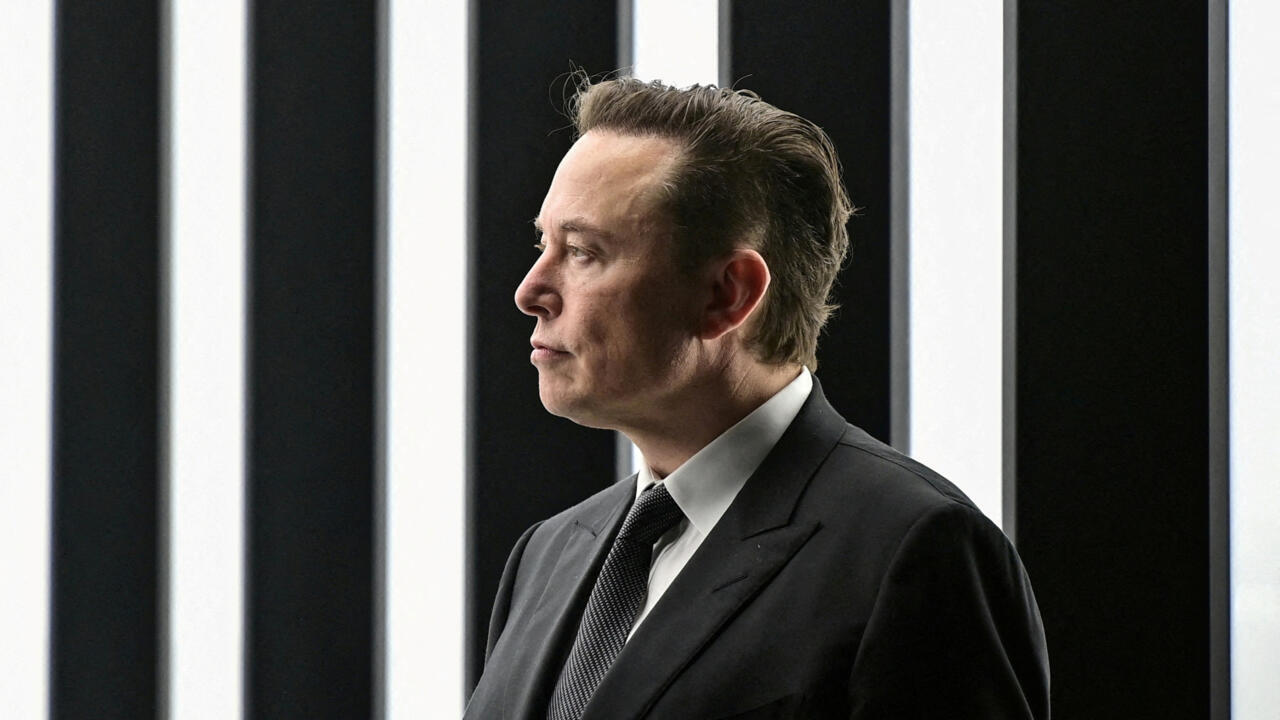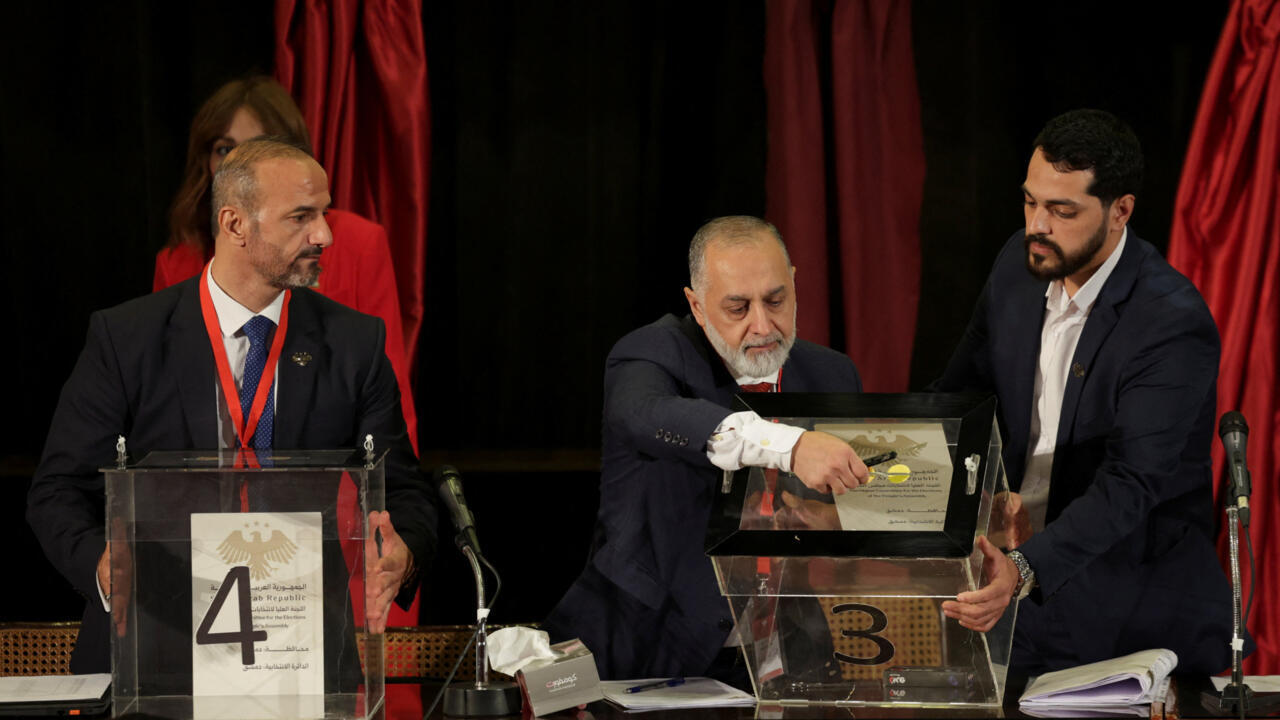
In another time, JD and Usha Vance were the poster couple for the “new American faith.” Not the faith of purity rings and megachurches, but the faith of pluralism — where a Catholic convert could thank his Hindu wife for reminding him what God felt like.
Back then, he called her the reason he re-discovered Christianity. She was the quiet force behind Hillbilly Elegy, the one who steered the angry ex-Marine from nihilism to prayer. The Times of India noted that her Hindu upbringing “deeply impacted [her] husband’s view on spirituality.” Even Catholic Standard chronicled how Vance’s 2019 conversion to Catholicism was something “his wife told him was good for him.”
It was, for a while, America’s favourite interfaith love story.But that was then — before the MAGA base demanded its pound of piety.
From the Vedic wedding to the evangelical rally
In 2014, when JD and Usha tied the knot, they did it the way modern love stories do: equal parts Vedic ritual and church hymn. It was a quiet assertion that two faiths could coexist under one roof. They even agreed to raise their children as Christians while keeping space for Usha’s Hindu heritage.
For years, JD Vance sounded almost liberal about it — the man who once mocked religion in his twenties had become the poster boy for spiritual humility. He talked about her vegetarian cooking, her moral steadiness, her influence on his faith. “She encouraged me to reconnect with God,” he told friends and reporters.
Then came October 2025, and a Turning Point USA stage in Mississippi. The audience was a sea of red hats and crucifixes, and Vance — now Vice President, now the chosen heir to Trumpism — decided to testify.“My wife did not grow up Christian,” he said. “She grew up in a Hindu family, but not a particularly religious one… when I met her, I was agnostic or atheist, and I think she was too.”Then came the kicker: “Do I hope, eventually, that she’s moved by the same thing that moved me in church? Yes, I honestly do hope that.”He followed it up with the standard Christian disclaimer — that faith must be free and never forced — but the subtext was loud enough to drown out the choir.
The political baptism of JD Vance
This wasn’t the humble, reflective JD Vance of Hillbilly Elegy. This was the political Vance, baptized in the fire of Trump rallies and Tucker Carlson monologues. His rhetoric now served a different altar: the evangelical right. At a Turning Point event celebrating Christian nationalism, his “hope” that his wife might find Christ wasn’t theological — it was electoral.Because in MAGA land, faith isn’t private; it’s performative.
It’s how you prove you belong.And if that means recasting your Hindu wife as an agnostic in need of saving, then so be it.
The backlash: from Ohio to Om
Hindu Americans noticed. And they weren’t impressed. The honorary Telugu son-in-law had disappointed them. On social media, Indian Americans who had once admired Usha’s quiet dignity lashed out. “Usha Vance isn’t an agnostic. JD Vance was,” one post said. “Little did she know this man would throw her under the bus for his presidential dream.”Others reminded him that their wedding had included Vedic rituals, and that their son’s name — Vivek — was Sanskrit for wisdom. “To call her non-religious,” another commenter wrote, “is to erase her entirely.”It wasn’t just hurt pride. For many, Vance’s remarks touched an old wound: how American conservatism flattens everything non-Christian into “paganism.”
Faith as identity politics
The irony is bitter. Vance’s 2019 conversion to Catholicism had been a deeply personal act — a return to meaning after years of disillusionment.
He credited his wife, his mentors, even his grandmother’s prayers. But somewhere between the Senate run and the Vice Presidency, personal faith became public performance.His latest remarks weren’t about God; they were about signalling. To a MAGA base that still distrusts “globalism,” “diversity,” and any god who doesn’t resemble the one in a Norman Rockwell painting, Vance’s words were reassurance: I am one of you.And yet, they were also betrayal. Because Usha Vance had been, in many ways, the bridge between cultures — an Indian-American woman who carried her Hinduism lightly, who attended Mass out of love, not obligation, and who never demanded that her husband bow before Ganesh. She was proof that interfaith families could work in America. Until her husband decided that wasn’t polling well anymore.
From interfaith harmony to missionary framing
At one point, Vance had admitted he felt “terrible” dragging his Hindu wife to weekly Mass, but that she was “more than OK” with it.
That humility is gone. The new JD Vance speaks like a missionary politician — one who now “hopes” to convert his wife someday, the way others hope to flip a swing state.The transformation is instructive. It mirrors a broader evangelical shift in conservative politics: where the language of love gives way to the language of salvation. Where difference is tolerated only as pre-conversion potential.And in that light, Usha’s Hinduism is no longer an influence to be grateful for — it’s a theological problem to be solved.
The U-turns and the ambition
And this isn’t the first U-turn. The man who once called Trump “America’s Hitler” now worships at his altar. The same JD Vance who once dismissed MAGA as a “cultural death cult” now carries its cross. He’s also the man who claimed to believe Jeffrey Epstein’s death “looked like a cover-up,” only to later mock anyone who still brought it up after joining Trump’s ticket. Faith, politics, conspiracy — everything is situational now.
Each reversal lubricated by one unchanging prayer: Dear God, just let me be President next.If power is the new theology, JD Vance is already its most devout disciple.
The optics of redemption
Every politician reinvents themselves. But few do it at the expense of their spouse’s spiritual dignity. By reframing Usha’s faith as agnosticism, Vance signalled that interfaith coexistence is fine in private — but public life demands a conversion narrative.The symbolism is hard to miss: the devout Hindu wife who once “saved” her husband’s soul is now the one in need of saving.And that’s what makes this story tragic. Because Usha Vance’s Hinduism had always represented something rare in the modern American Right — quiet strength, unshowy conviction, and a capacity for pluralism. JD’s new framing turns that into a campaign prop.
The politics of the personal
In many ways, the Turning Point remarks complete JD Vance’s political metamorphosis — from Rust Belt chronicler to culture-war soldier. His faith, once a bridge between belief and doubt, is now a badge of ideological purity. The man who once thanked his Hindu wife for leading him back to God now tells a Christian crowd he “hopes” she’ll get there too. This isn’t apostasy; it’s ambition. And maybe that’s the point. In the America of 2025, piety is performance art, and every altar doubles as a campaign stage.
But somewhere between Ohio and Om, between the Bible and the Bhagavad Gita, something sacred — the quiet dignity of faith — has been lost.

 4 hours ago
2
4 hours ago
2










 English (US) ·
English (US) ·